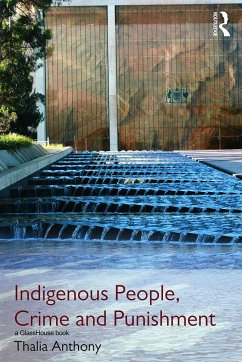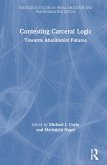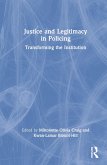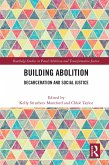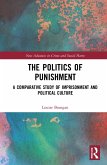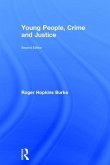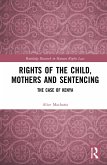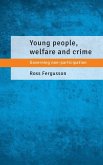Indigenous People, Crime and Punishment examines criminal sentencing courtsa (TM) changing characterisations of Indigenous peoplesa (TM) identity, culture and postcolonial status. Focusing largely on Australian Indigenous peoples, but referring also to the Canadian and New Zealand experiences, Thalia Anthony critically analyses how the judiciary have interpreted Indigenous difference. Through an analysis of Indigenous sentencing decisions and remarks over a fifty year period in a number of jurisdictions, the book demonstrates how discretion is moulded to cultural assumptions about Indigeneity. More specifically, Indigenous People, Crime and Punishment shows how the increasing demonisation of Indigenous criminality and culture in sentencing has turned earlier a gainsa (TM) in the legal recognition of Indigenous peoples on their head. The recognition of Indigenous difference is thereby revealed as a pliable concept that is just as likely to remove rights as it is to grant them.

